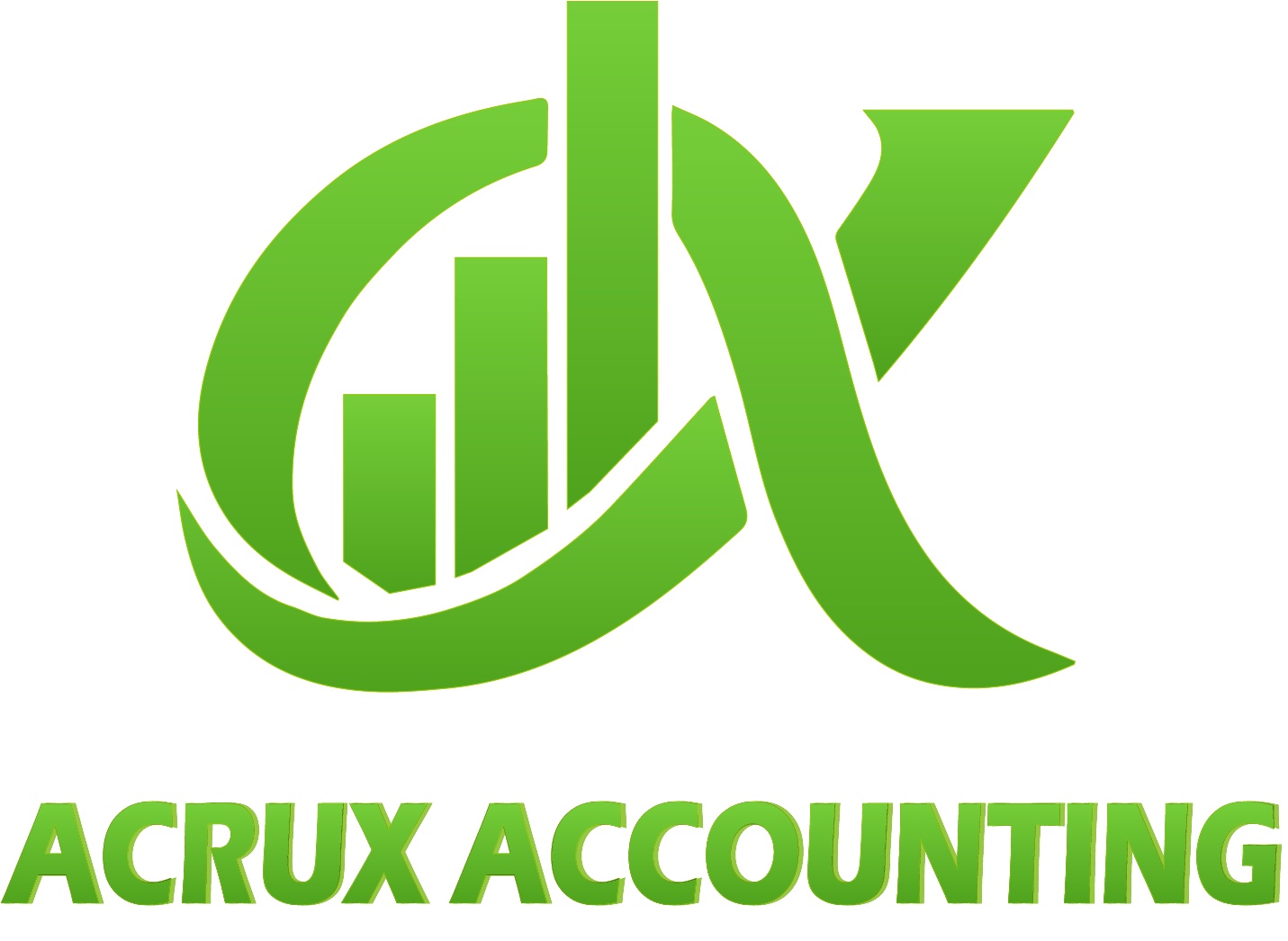Real estate agents have unique financial needs due to the nature of their business, involving commission-based income, varied expenses, and complex transactions. Effective bookkeeping is essential for managing these financial intricacies, ensuring compliance with tax regulations, and making informed business decisions. This guide provides an in-depth look at bookkeeping for real estate agents in the USA and Canada, covering best practices, key components, and the benefits of professional bookkeeping services.
Why Bookkeeping is Crucial for Real Estate Agents
1. Income Management
Real estate agents often receive income from various sources, including commissions, referral fees, and bonuses. Proper bookkeeping helps track these income streams accurately, ensuring you have a clear picture of your earnings.
2. Expense Tracking
Real estate agents incur numerous expenses, such as marketing costs, travel expenses, office supplies, and licensing fees. Keeping detailed records of these expenses is essential for budgeting and tax deductions.
3. Tax Compliance
Accurate bookkeeping ensures compliance with tax regulations, helping you avoid penalties and maximize deductions. This is particularly important for real estate agents, who can deduct various business expenses to reduce taxable income.
4. Financial Planning
Having a clear understanding of your financial situation allows you to make informed decisions about budgeting, investments, and growth opportunities.
Key Components of Bookkeeping for Real Estate Agents
1. Setting Up a Bookkeeping System
The first step in managing your finances is establishing an efficient bookkeeping system. This involves:
- Choosing Accounting Software: Use reliable accounting software tailored to real estate agents. Popular options include QuickBooks, Xero, and FreshBooks. These platforms offer features such as expense tracking, income categorization, and financial reporting.
- Creating a Chart of Accounts: Set up a chart of accounts specific to real estate transactions, including categories for income, expenses, assets, liabilities, and equity.
2. Tracking Income and Commissions
Real estate agents earn income from various sources, primarily through commissions. To effectively track your income:
- Record Each Transaction: Document every sale, including the property details, commission amount, and payment date.
- Categorize Income: Separate income by type, such as sales commissions, referral fees, and bonuses. This helps in analyzing your earnings and identifying trends.
3. Managing Expenses
Properly tracking expenses is crucial for budgeting and tax purposes. Key expense categories for real estate agents include:
- Marketing and Advertising: Costs related to online listings, print ads, signage, and promotional materials.
- Travel and Transportation: Mileage, gas, parking, and tolls for property showings and client meetings.
- Office Supplies and Equipment: Computers, phones, office furniture, and stationery.
- Professional Fees and Licenses: Real estate licenses, association memberships, and continuing education courses.
4. Reconciliation and Reporting
Regular reconciliation and reporting are essential for maintaining accurate financial records:
- Bank Reconciliation: Reconcile your bank statements with your accounting records to ensure accuracy and identify discrepancies.
- Financial Reporting: Generate financial reports, such as profit and loss statements, balance sheets, and cash flow statements, to gain insights into your financial performance.
Best Practices for Bookkeeping for Real Estate Agents
1. Stay Organized
Keeping your financial records organized is vital for accuracy and efficiency. Use digital tools to store receipts, invoices, and documents, and maintain a consistent filing system.
2. Automate Where Possible
Automation can save time and reduce errors. Use accounting software to automate tasks like data entry, expense tracking, and invoicing. This allows you to focus on client interactions and growing your business.
3. Regularly Review Financial Data
Regularly review your financial data to ensure accuracy and stay informed about your financial status. This helps you make timely decisions and avoid potential issues.
4. Separate Personal and Business Finances
Open a dedicated business bank account and credit card to separate your personal and business finances. This simplifies tracking expenses and ensures accurate record-keeping.
5. Consult with a Professional
Consider working with a professional bookkeeper or accountant, especially if you’re unfamiliar with bookkeeping practices. A professional can provide valuable advice, ensure compliance with tax regulations, and help you optimize your financial management.
Understanding Tax Regulations for Real Estate Agents in the USA and Canada
1. Federal Taxes
- USA: Real estate agents must file annual income tax returns with the IRS. Common forms include Schedule C (Form 1040) for sole proprietors and Form 1065 for partnerships. You may also need to pay self-employment tax.
- Canada: Real estate agents must file annual income tax returns with the Canada Revenue Agency (CRA). The specific form depends on your business structure, such as T1 for sole proprietors or T2 for corporations.
2. Deductions and Credits
Both the USA and Canada offer various deductions and credits for real estate agents:
- Home Office Deduction: If you use a part of your home exclusively for business, you can deduct related expenses.
- Vehicle Expenses: Deduct expenses related to the business use of your vehicle, such as mileage, gas, and maintenance.
- Marketing and Advertising: Deduct costs associated with promoting your real estate business.
- Professional Fees: Deduct fees for licenses, memberships, and continuing education.
3. Sales Tax
- USA: Sales tax laws vary by state. Ensure you collect and remit the appropriate sales tax for your transactions.
- Canada: GST/HST and PST regulations vary by province. Ensure compliance with applicable sales tax requirements.
Conclusion
Effective bookkeeping is essential for real estate agents in the USA and Canada. By setting up an efficient bookkeeping system, tracking income and expenses accurately, staying organized, and consulting with professionals, you can ensure compliance with tax regulations, make informed financial decisions, and focus on growing your real estate business. At Acrux Accounting, we specialize in providing bookkeeping services tailored to real estate agents. Our team of experienced professionals is here to help you manage your finances efficiently and optimize your financial management. Contact us today to learn more about our services and how we can support your real estate business. Let us take care of your bookkeeping needs so you can focus on what you do best—selling properties and serving your clients.


